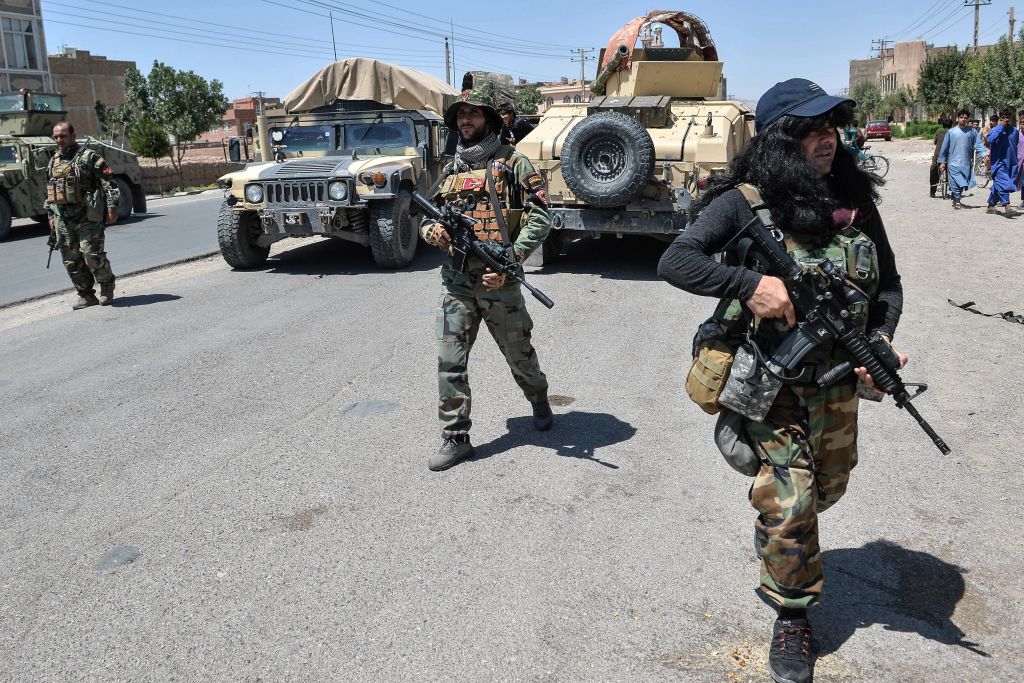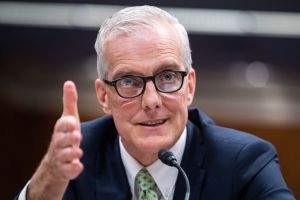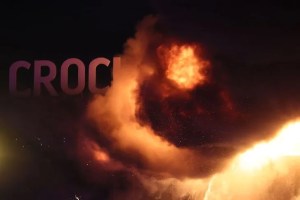On August 11, at Russia’s initiative, an ‘extended troika’ will meet in Doha, Qatar to take stock of the Taliban’s major offensive to take over Afghanistan. The United States, scheduled to withdraw its forces by the end of this month, has been invited to this ‘Moscow format’, as have China and Pakistan.
As of yesterday, the violent Islamist group had taken control of six provincial capitals in Afghanistan — though not the most important cities in the country. The US negotiator at Doha, Zalmay Khalilzad, has warned that ‘a Taliban government that comes to power through force in Afghanistan will not be recognized’. But so far the militants have refused to engage in negotiations with the elected Afghan government.
Battle currently rages over Kunduz, a city in the north near Tajikistan with a population of around 350,000. This would be a significant gain for the Taliban, especially if they can retain the city. The Taliban are mainly made up of Pashtuns, while the locals in Kunduz are largely ethnically Tajiks or Uzbeks.
The Afghan military are overextended and at their wits’ end, but they continue to resist a complete overrun of Lashkar Gah, the Pashtun-dominated capital of Helmand province. There are conflicting reports about the Taliban’s influence in Kunduz and Lashkar Gah, with some suggesting the group are virtually in charge there already. Mazar-i-Sharif, the fourth largest city in Afghanistan, is also being targeted, but it would be a surprise if it fell to the Taliban.
Indiscriminate bombardment by the jihadis has already led to civilian casualties including, as Unicef has highlighted, scores of innocent children. Already there are reports of vendettas taking place and women being subjugated in Taliban-occupied areas. There’s every indication that the Taliban will reintroduce strict Sharia law wherever they rule, as they did when they ran Afghanistan from 1996 to 2001. According to the Associated Press, hundreds of displaced people have fled to Kabul for sanctuary.
The US have indicated they will retaliate against the Taliban. B-52 bombers and Specter gunships have been dispatched to contain the group and bolster the limited Afghan air force. Even after American troops vacate Afghanistan, there are enough US air force bases and missile installations in Arab countries near Afghanistan to augment the Afghan military with hi-tech intelligence and communications technology.
The Russia-led conference in Doha is a coded attempt to rein in Pakistan, nurturer of the Afghan Taliban. On August 9, the Pakistani foreign minister Shah Mehmood Qureshi argued that his country could not be held responsible for the ‘meltdown’ of the Afghan government forces and denied supporting the Taliban. He suggested that Pakistan, as Afghanistan’s immediate eastern neighbor, had the most to lose from its instability. In 1979 and 1980, millions of Afghans poured into Pakistan after the Soviet military intervention, creating a refugee burden which is yet to be fully alleviated.
In 2001, threatened by the US administration, Pakistan’s dictator General Pervez Musharraf agreed to cooperate with President George W. Bush’s ‘war on terror’, following the attack on the Twin Towers by Afghanistan-based al-Qaeda extremists.
But the Pakistan Army’s Inter-Services Intelligence allegedly played a double game, sabotaging western military operations in Afghanistan and providing a safe haven to the fleeing Afghan Taliban. These militants then bided their time, regrouped and began intensifying operations against the Afghan government as soon as the US agreed to a withdrawal in February 2020.
The balance of power in world affairs has shifted. The Soviet Union once dominated China — but China now thinks it has the upper hand over Russia. At the same time, the two powers are carrying out joint military exercises in China, not far from Afghanistan. A neighbor dominated by the Taliban is not in Beijing’s interest. Yet, it is committed to being an ‘all-weather friend’ of Pakistan. Moscow’s challenge at the Doha conference is to persuade these allies to work constructively together.
Less than two weeks ago, China’s foreign minister Wang Yi welcomed a high-profile Taliban delegation to the Chinese city of Tianjin. They struck a deal which said that Beijing would accept the Taliban as ‘a pivotal military and political force’ as long as the group would ignore the CCP’s inhumane treatment of Muslim Uighurs in Xinjiang province in China.
The truth is, the Taliban cannot win a free and fair election in Afghanistan. They can only instigate regime change by force and by buying off nearby powers. This is why they will continue to disregard the Doha Agreement, notwithstanding Russian pressure. The Russia-led talks are unlikely to immediately halt the Taliban’s military campaign.
This article was originally published on The Spectator’s UK website.


















